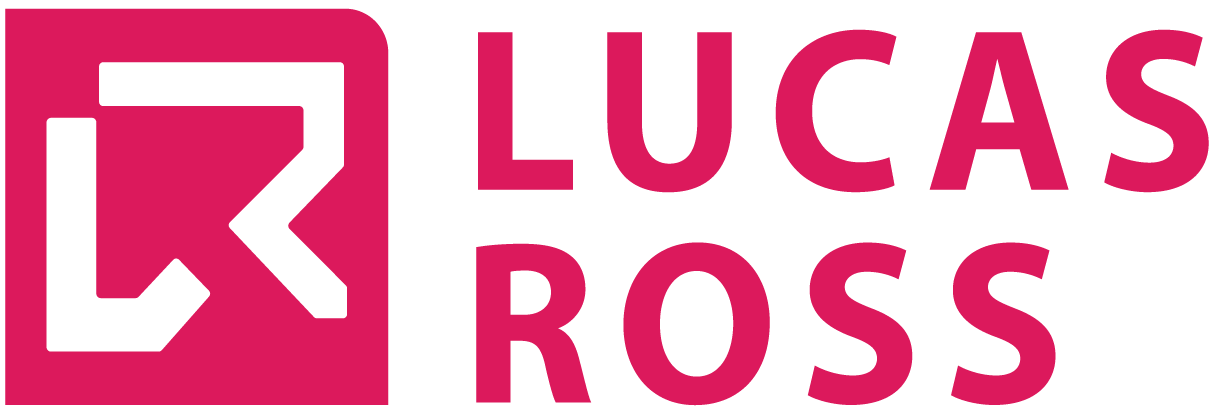Simply being registered as a charity does not mean you are (or are part of) an incorporated organisation.
Why does this matter? Well it could make an enormous difference to your personal position and your decision to be a charity trustee.
An unincorporated charity is a collection or group of individuals operating under a common name for the benefit of its users. The collective group of individuals does not have its own legal personality that can accept responsibility and liability for the actions of the charity.
In an unincorporated charity, the trustees, or members, will be personally responsible for the day to day financial obligations. It is the trustees as individuals that will contract with suppliers, landlords, staff, etc.
This can result in the charity trustees being personally pursued for any breach of contract claim, damages, insurance excess, or by any disgruntled employee for anything from discrimination to unfair dismissal.
The charity trustees are normally indemnified for these matters out of the assets and funds of the charity, but what happens when these are insufficient?
When there are insufficient assets to pay the liabilities, both contingent and actual, the trustees will be liable to pay any shortfall personally because the charity itself cannot be technically insolvent when the charity has no separate legal identity. The good news for an individual trustee however is that it is likely the trustees will be jointly and severally liable for the shortfall/debts.
Joint and several liability means that each trustee is equally responsible for the full debts of the charity but each trustee should only have to pay their fair share by claiming reimbursement from other trustees. Of course should any trustees not have the personal resources to pay their fair share the burden of the balance falls upon the other trustees. In the worst possible cases this can mean that the burden of paying all the debts could fall upon the wealthier or wealthiest trustees, or that all trustees could become personally insolvent.
It is the trustees who often hold assets of an unincorporated charity in their own personal name. These assets will be held on trust for the benefit of the charity. There are occasions where ‘holding’ or ‘custodian’ trustees do no more than hold the property on behalf of the charity and are not involved in the management or running of the charity and therefore do not have personal liability for any of the charity’s debts or obligations. This is a complex area, please contact us for further guidance.
Anyone involved in a unincorporated charity should consider incorporation as soon as possible. Further guidance on incorporating your charity can be found here.
